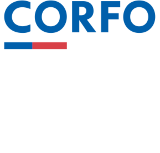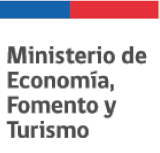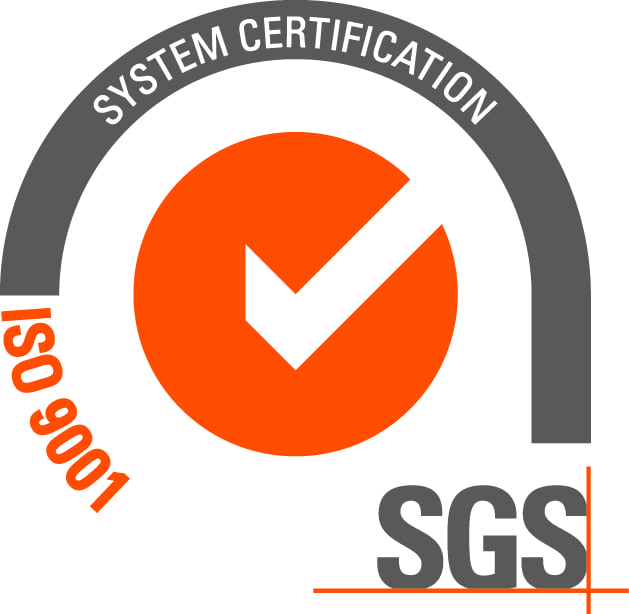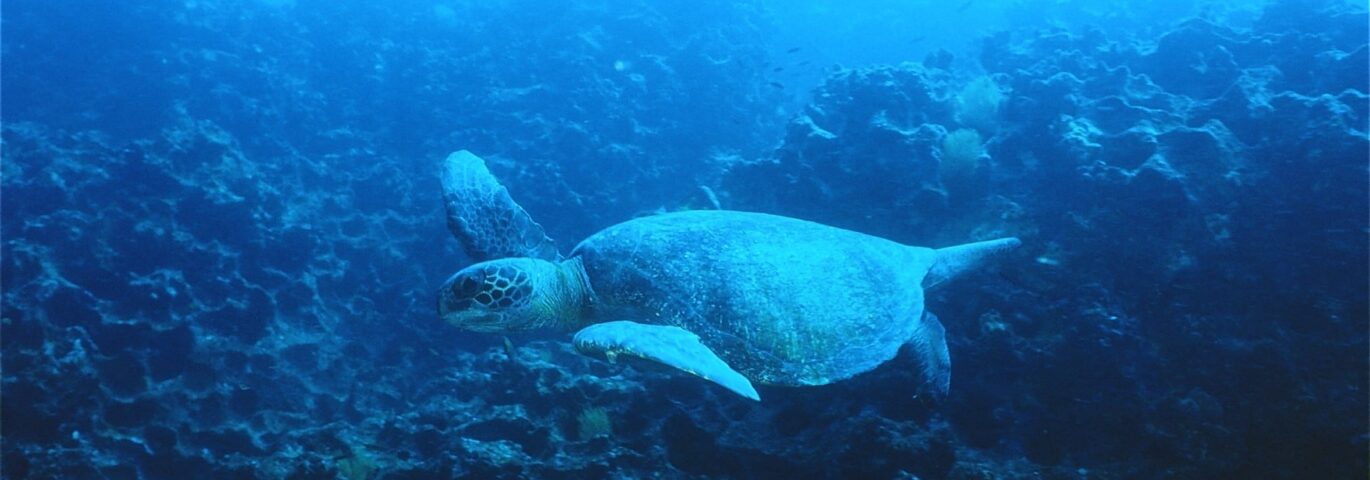
 May is an ideal month to talk about the oceans, their enigmas, and challenges. For this reason, the Scientific Culture Fridays at the Fonck Museum, Viña del Mar, (6:00 PM) invite you to participate in two talks dedicated to the sea: on Friday the 16th, you will learn about the mysteries of an ancient creature, and on Friday the 23rd, there will be an opportunity to question the present and future of the ocean and our relationship with it. It should be noted that this initiative, which includes a Chilean Sign Language interpreter, is funded by the Ministry of Culture, Arts, and Heritage through its Support Program for Collaborating Cultural Organizations.
May is an ideal month to talk about the oceans, their enigmas, and challenges. For this reason, the Scientific Culture Fridays at the Fonck Museum, Viña del Mar, (6:00 PM) invite you to participate in two talks dedicated to the sea: on Friday the 16th, you will learn about the mysteries of an ancient creature, and on Friday the 23rd, there will be an opportunity to question the present and future of the ocean and our relationship with it. It should be noted that this initiative, which includes a Chilean Sign Language interpreter, is funded by the Ministry of Culture, Arts, and Heritage through its Support Program for Collaborating Cultural Organizations.
The VCCs on Fridays, May 16 and 23, 2025, will be held at their regular schedule, at 6:00 PM, at the Fonck Museum, located at 4 Norte 784, corner of 1 Oriente, Viña del Mar. They will be led by specialists dedicated to research, teaching, and scientific outreach.
In the first talk, a specialist from the Chilean Fisheries Development Institute (IFOP) will unravel some of the mysteries and enigmas of marine species that have been on our planet for millions of years. The following Friday, a scholar from the Pontifical Catholic University of Chile (UC) will delve into questions about the future of the relationship between human societies and the sea, the management of its resources, and the water crisis.
In this initiative, funded by the Ministry of Culture, Arts, and Heritage through its Support Program for Collaborating Cultural Organizations, these talks will be held, a space for conversation that invites us to learn more and reflect on our relationship with the sea, its challenges, and complexities.
The sea is home to millions of different life forms, covers the planet in an intense blue, and is an important part of the water cycle, which is fundamental to the conditions that allow and facilitate life throughout the biosphere. In the sea, we can find sea turtles, species that have existed for millions of years, surviving numerous changes on the planet. It also represents the critical relationship between humans and the oceans: pollution, technologies, sustainable development, and possibilities for addressing the water and climate crises. The audience will be able to learn about this and more at the VCC in May on the second floor of the museum.
Getting to Know Sea Turtles: The Enigmas of an Ancient Animal
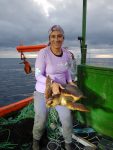 On Friday, May 16, 2025, the VCC session will be led by Patricia Zárate, a marine biologist from the Universidad Católica del Norte (Coquimbo, Chile) with a PhD in Zoology from the University of Florida (United States). She is recognized for her commitment to the conservation of migratory marine species, especially sharks and sea turtles. She currently leads the Fisheries Assessment Department of the Chilean Institute for Fisheries Development (IFOP).
On Friday, May 16, 2025, the VCC session will be led by Patricia Zárate, a marine biologist from the Universidad Católica del Norte (Coquimbo, Chile) with a PhD in Zoology from the University of Florida (United States). She is recognized for her commitment to the conservation of migratory marine species, especially sharks and sea turtles. She currently leads the Fisheries Assessment Department of the Chilean Institute for Fisheries Development (IFOP).
This professional invites everyone to discuss sea turtles and learn more about them. There are sea turtle species that have existed for millions of years, surviving numerous changes on the planet. Their “enigmas” allude to the mysterious or little-understood aspects of their biology, behavior, and ocean journey. In a sense, the term also highlights the challenges they face today due to human activity and other environmental factors.
Seawater: Solution or Challenge?
The next VCC 2025 session on Friday, May 23, will be led by Ricardo Salazar González, Associate Professor at UC, where he is Director of Outreach and Continuing Education. He holds a degree in Chemistry, a Chemist, and a PhD in Chemistry with more than 15 years of experience in research, teaching, university management, and scientific outreach.
In this talk, attendees will learn about the critical relationship between the water crisis and seawater quality. They will discuss microplastics and emerging pollutants, and their impact on the marine environment. They will also discuss the challenges these pollutants pose for seawater desalination as a viable solution to water scarcity. Salazar will address emerging technological innovations to address these challenges and improve the quality of treated water. At the end, participants will have tools to understand why addressing pollution is essential to harnessing the potential of seawater for a sustainable future.
The Fonck Museum is part of the Support Program for Collaborating Cultural Organizations of the Ministry of Culture, Arts, and Heritage, Government of Chile.
Source: museofonck.cl


